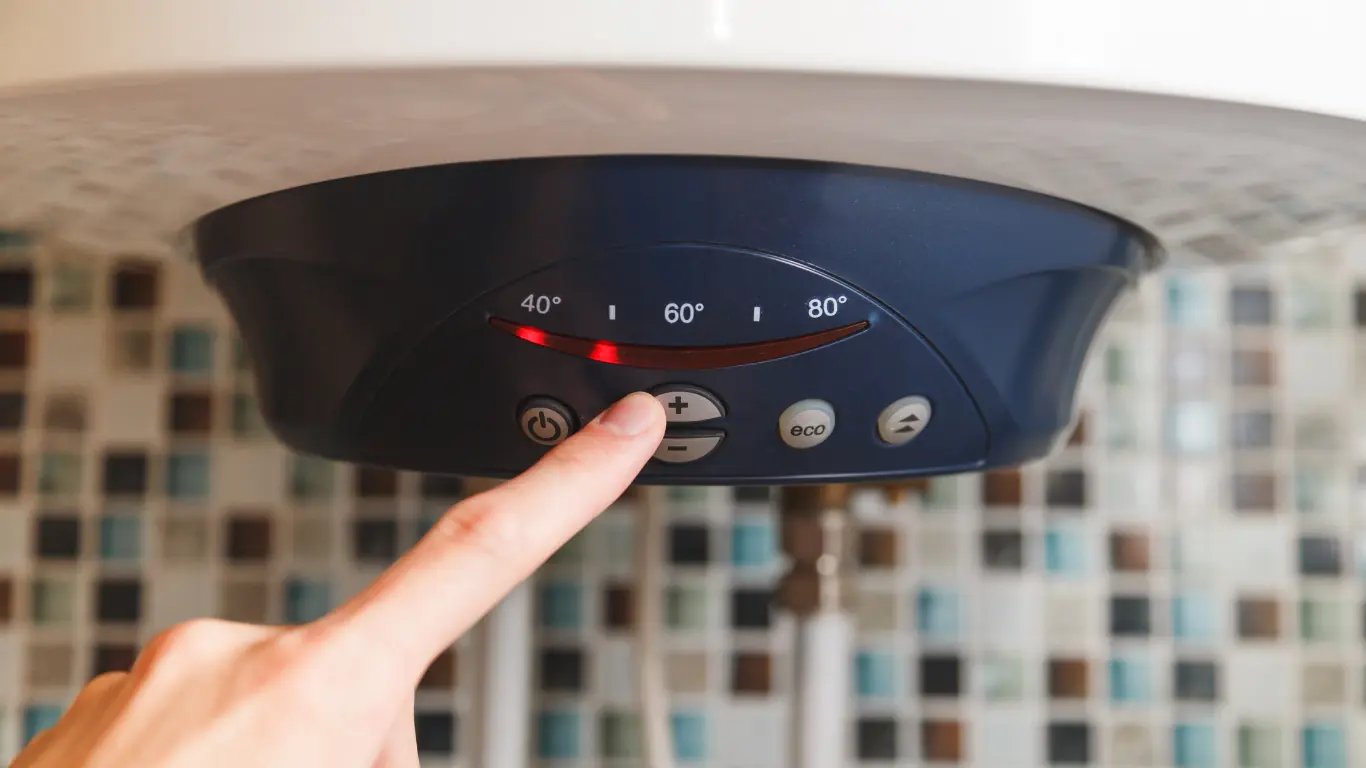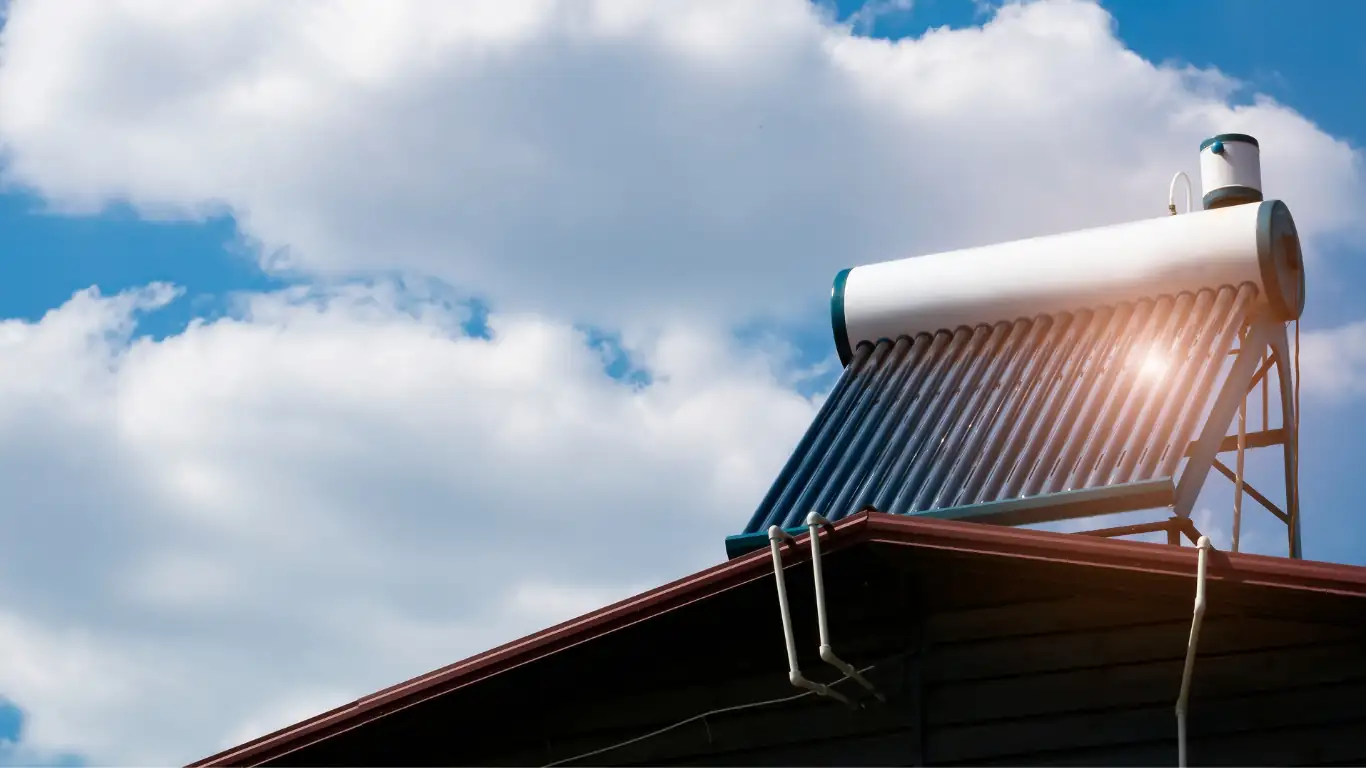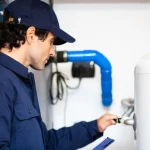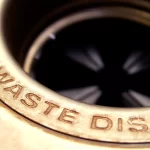Choosing the best water heater for your house is a very important process, and the pros and cons of gas vs electric water heaters can be very confusing. We have already installed thousands of different water heaters, so we can say with certainty that there is no single answer. It all depends on your preferences, budget, and expectations.
If you are thinking about buying a tankless water heater, we have previously explored the pros and cons of installing a tankless hot water heater.
In this article, we have summarized the main advantages and disadvantages of each type. This will help you make a better choice when choosing a water heater and avoid disappointment.
Gas Heaters
A gas water heater operates using natural gas or propane. It heats water by burning fuel, which warms a heat exchanger that in turn heats the water in the tank. Gas water heaters are known for their efficiency in heating water quickly and are often preferred in regions where gas is readily available and affordable.
Advantages
- Quick Heating. Gas heaters warm up water quicker than electric ones. This means you get your hot shower faster, especially handy for large families.
- Less Operational Costs. Since natural gas is more affordable than electricity, it will cost you much less than electric heating.
- Constant Hot Water. Gas heaters provide hot water continuously, making them perfect for large families or houses with several bathrooms. Furthermore, they don’t rely on electricity, gas heaters are operational during power failures.
Disadvantages
- Higher Initial Cost. Compared to electric, gas water heaters often have a higher initial cost. Also, installing a gas water heater may cost extra if your house isn’t gas-powered.
- Space Requirements. You’ll need proper ventilation for safety, which can complicate installation. They need more space for safe operation, not ideal for compact homes.
- Risk of Gas Leaks. The risk of gas leakage in gas water heaters is rare, but it does exist. Proper installation and regular maintenance are crucial to minimize this risk, but it is an aspect that homeowners should be aware of.
- Energy Efficiency Variability. Gas water heaters can vary in energy efficiency. While newer models often claim high efficiency, older or poorly maintained models may not be as energy efficient, potentially resulting in higher operating costs.
If you prioritize quick heating and lower operating costs and are willing to invest a bit more upfront, a gas hot water heat might be the right choice for you.
Electric Heaters

Electric water heaters use electrical resistance coils to heat the water. They are typically easier to install and require less upfront investment than gas models. They are a popular choice in areas where electricity is cheaper or more reliable than gas.
Pros:
- Lower Initial Cost. Electric water heaters are generally more affordable to purchase and install.
- Simple Installation. No venting is required, and they’re generally easier to install.
- Easy in Placement. Because they don’t rely on gas lines or ventilation, electric water heaters can be installed in various locations within a home, providing greater flexibility.
- Lower Maintenance. Electric water heaters typically have fewer components and may require less maintenance compared to gas heaters.
- Compact Design: They come in various sizes, great for smaller homes or apartments.
- Safer: Electric heaters are simpler to install and maintain. Plus, no gas means no risk of gas leaks.
Cons
- Slower Heating Time. Electric hot water tanks tend to have a slower recovery time, meaning it may take longer to heat a new batch of water after the initial supply has been depleted.
- Higher Operating Costs. Electric water heaters generally come with higher monthly operational costs compared to gas water heaters as electricity is often more expensive.
- Dependence on Power. Electric hot water heater relies on a continuous power supply. In case of a power outage, you may temporarily lose access to hot water until electricity is restored.
- Limited Heating Capacity. Electric water heaters may have limitations in terms of heating capacity, making them less suitable for homes with high hot water demand.
In summary, electric water heaters offer an affordable price, ease of installation, and versatility in placement. However, knowing their disadvantages, we recommend that you understand your goals and desires to choose the most suitable option.
Environmental Impact

If you are not only concerned with comfort and budget, but also with environmental friendliness, electric water heaters are usually the way to go, especially if the electricity comes from renewable sources. Electric water heaters are environmentally friendly during use, emitting no greenhouse gasses. However, if the electricity is generated from coal, the advantages of this type of heating are reduced – as noted by Forbes.
Natural gas water heaters, on the other hand, tend to have a larger carbon footprint. They burn natural gas, releasing carbon dioxide and other emissions. However, newer models are becoming increasingly efficient and environmentally friendly.
So, if environmental friendliness is a fundamental factor for you, we recommend choosing an electric water heater. Gas water heaters will never be 100% eco-friendly, although there are newer models that produce less harmful emissions, gas is still a non-renewable energy source.
Therefore, the use of renewable energy sources that will power the electric water heater is the most eco-friendly option.
Conclusions
The choice of electric hot water tank vs gas depends on various factors. We recommend our clients include their budget, environmental concerns, and the specific needs of your household.
Gas heaters are ideal for quick heating and lower operating costs but come with higher installation complexity and safety considerations.
If you have a big family, this type of heating is better. But if gas is not present in your house, it’s better to consider electric water heating: that’s going to be cheaper and faster to install.
Electric heaters, offering ease of installation and safety, may cost more in the long run but are often more energy-efficient. Weigh these factors carefully to choose the right water heater for your home.






